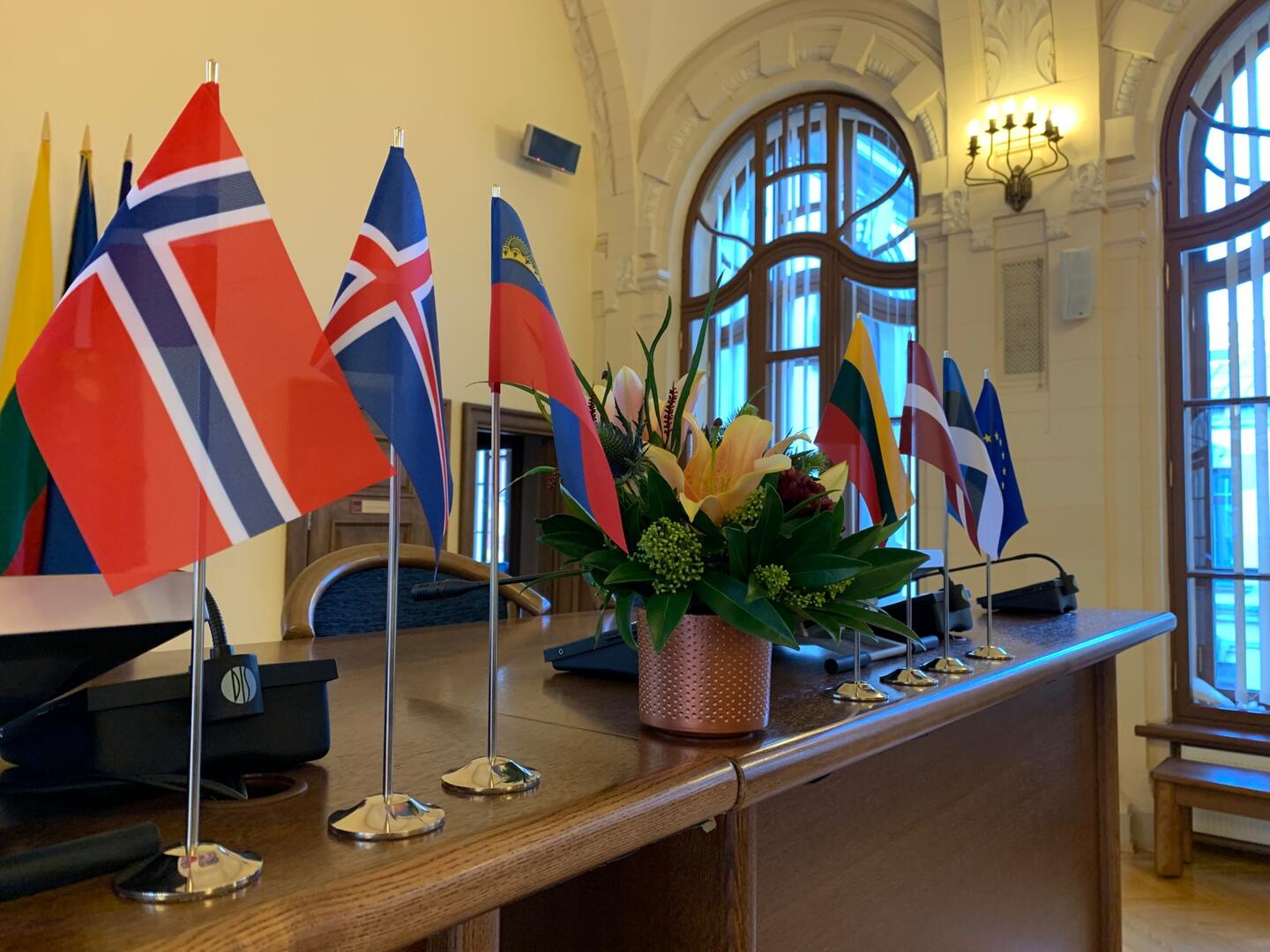Key information about the programme
- The programme is operated by the Research Council of Lithuania (LT).
- The Donor Programme Partners in this programme are Directorate for Higher Education and Skills (HK-DIR NO), National Agency for International Education Affairs (AIBA LI), Research Council of Norway (RCN NO).
- The programme’s objective is: Enhanced research-based knowledge development.
- The programme funding amounts to €10.8 million and is funded entirely by the Norway Grants.
Why is the programme needed?
National programmes, developed and implemented on a national basis, will often lack the scope and depth required to make a significant impact on societal challenges. It is furthermore not always an easy task to allocate national funding for joint Baltic research initiatives, as well as to use EU Structural Funds to fund research activities in certain areas.
Taking into account similar challenges in their research and innovation systems, the Baltic States have already established some elements of coordinated cooperation in research with limited financing. Combining national priorities, and pooling resources provided to the three countries through the EEA/Norway grants, into a joint research programme, will provide the critical mass needed to achieve major breakthroughs.
The common challenges of the Baltic States in the field of research are characterised by low private and public investment on national level in research, development and innovation (RDI)1; return on public RDI investment is low; low international exposure of research organisation; the funding that is available isn’t spent effectively; insufficient cooperation between business and academia; public research funding remains fragmented and regulations for the assessment of projects are complex; limited participation in Horizon 2020;2 lack of funds that target Baltic research cooperation.
What will the programme achieve and who are the beneficiaries?
The Baltic Research Programme will contribute to the reduction of economic and social disparities in the European Economic Area and to the strengthening of bilateral relations between the Donor States and Lithuania, Estonia and Latvia through financial contributions in the field of research. The programme has one main outcome for research (Enhanced performance of Baltic research internationally).
Lithuania Estonia and Latvia have agreed to establish a Baltic Research Programme, in response to common societal challenges and common research challenges.
Based on a strategic view of joint research challenges in Lithuania. Estonia and Latvia, the Baltic Research Programme will offer broad and sustainable cooperation opportunities between researchers and research institutions in the Baltic States, donor states, and third countries. The strategic view and guidance of the Baltic Research Programme will be provided by a joint Baltic Research Programme Committee.
The Baltic Research Programme will mark a great step forward in strengthening Baltic cooperation in research and will promote regional cooperation between three Baltic countries. The programme will position the Baltic countries better in the Baltic Sea Region, in the Baltic-Nordic Research Area, as well as at European and international levels.
The programme will stimulate and develop long-term cooperation and strengthen multilateral relations with the donor states at the political level and European level in areas of common interest. Cooperation between the three research funding agencies in the joint implementation of a programme will facilitate integration between the three countries in research funding and research management and prepare the ground for future Baltic research funding cooperation.
How will the programme strengthen bilateral relations?
The programme has a clear focus on strengthening relations between the Baltic States and the Donor States. The research projects will have mandatory bilateral participation. The cooperation will enable the exchange of knowledge and expertise through long-term institutional cooperation. This will help increase the number of joint articles supported and published in international peer-reviewed journals as well as the number of Donor State research organisations involved in projects. In addition to enhancing relations on project level, the programme will use the bilateral fund strategically to fund activities that help address this issue on other levels.
